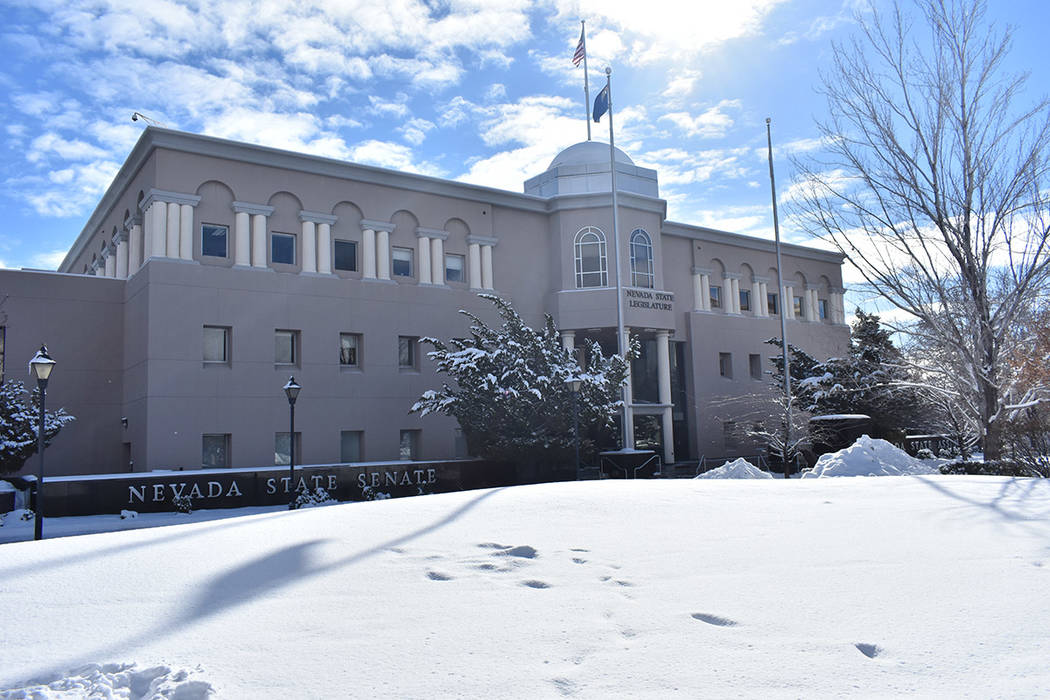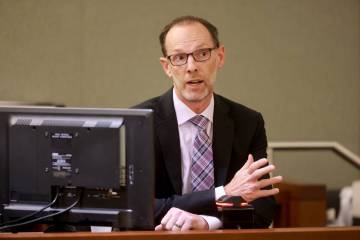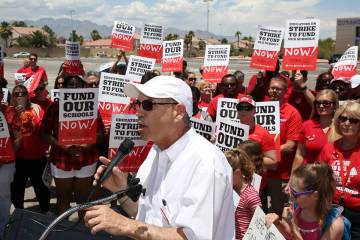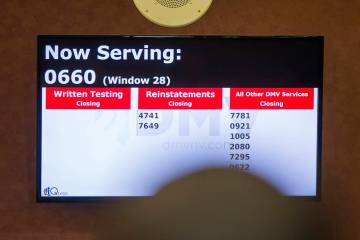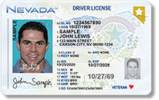EDITORIAL: ‘Way, way, way’ too many jobs require a permission slip
If there’s an issue upon which both the Trump and Obama administrations can agree, one might think that bipartisan reform would be an easy sell. But when it comes to employment barriers tied to occupational licensing, that assumption would be wrong.
In 2015, Barack Obama’s economic team produced a paper recommending states overhaul their approach to licensing. “There is evidence that licensing requirements raise the price of goods and services,” the document concluded, “restrict employment opportunities and make it more difficult for workers to take their skills across state lines.” In addition, the report found, “often the requirements for obtaining a license are not in sync with the skills needed for the job.”
President Donald Trump’s labor secretary was more blunt in a speech earlier this year. “Way, way, way too many jobs require a license,” Alexander Acosta told a group of county officials.
Such concerns at the federal level, however, can’t alone spur reform because the bulk of the problem resides with the states, which have crafted a vast and disparate set of rules governing who needs bureaucratic sanction to work. As Eric Morath of The Wall Street Journal reported last week, “nearly one in four of all employed people” in the United States “required a license or state certificate to do their job.”
Few people would argue with licensing requirements involving medical doctors or commercial airline pilots. But many states — including Nevada — demand that landscapers, interior designers, hair-braiders, tour guides and scores of other workers receive permission from the government before they may earn a living. Many of these restrictions have little to do with consumer protection and everything to do with protectionism.
Recall how former Gov. Brian Sandoval expressed frustration during his tenure with having to “bang heads” with members of Nevada regulatory commissions who felt they answered to no authority.
“Powerful forces sustain the licensing system,” Mr. Morath noted, adding that “professional associations are strong lobbyists for their members, who may want to limit competition to keep wages up.”
But policymakers should be making it easier for people to earn an honest living, not erecting unnecessary roadblocks. Paring back the regulatory thicket would promote entrepreneurship, expand economic opportunity and encourage self-sufficiency.
From time to time, Nevada lawmakers have tinkered with the state’s expansive occupational regulatory apparatus. For instance, lawmakers last session eased some requirements for would-be cosmetologists. The State Bar is also floating a proposal to allow reciprocity for law licenses.
But there’s much more to be done. Occupational licensing reform should be a bipartisan priority for state lawmakers in 2021.



